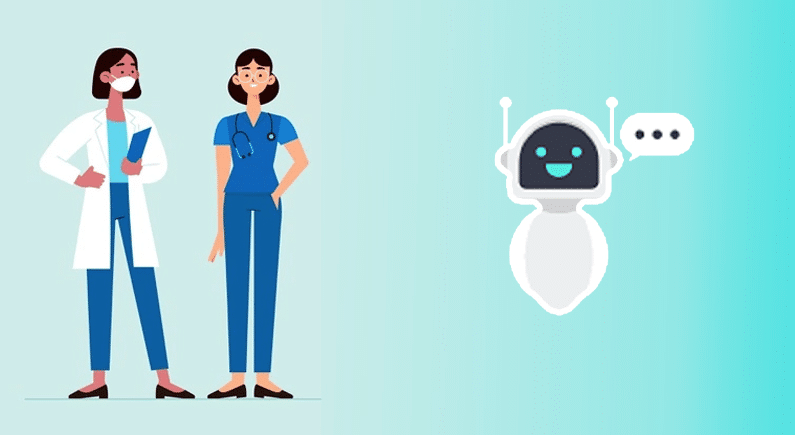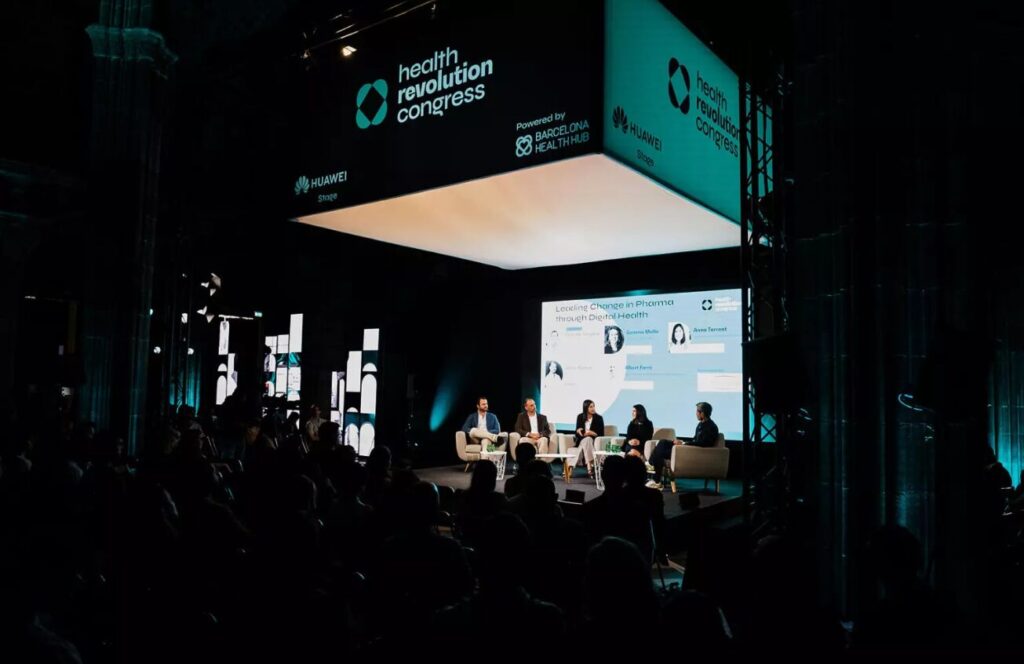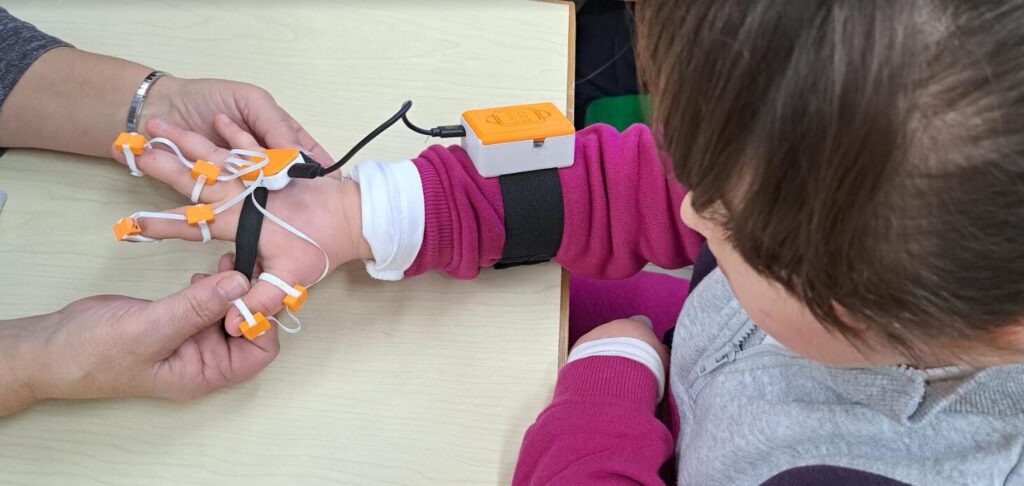
Michael Joe Cini
6th September 2021
The increasing utility of chatbots in healthcare
Back in 2018, Google introduced an AI system able to accomplish real-world tasks over the phone and that changed the way we saw chatbots forever
Words by Dr. Ryan Grech and Dr. Dylan Attard, Clinical & Health Tech Advisors for MedTech World and two of the co-founders of Digital Health Malta.
Chatbots. Love them or hate them, they are here to stay. Back in 2018, Google introduced an AI system able to accomplish real-world tasks over the phone and that changed the way we saw chatbots forever
Today, companies use chatbots in several ways, perhaps the greatest utility is in customer service. Whilst this enables availability of customer service 24/7, at least with basic straightforward queries, it also helps manage the volume that customer cares of big companies typically see without the need for employing more people or enabling humans to devote more time per query that the chatbot can’t answer.
Naturally, it was only a matter of time for them to be introduced in the healthcare pathway and today there are countless use cases where a digital personal assistant or a chatbot could help either side of the coin, i.e. both healthcare workers as well as patients. Whilst chatbots initially started on the administration side, better organisation of patient pathways, managing appointments or even helping with physician rotas we have now entered into the realm of chatbots using algorithms to suggest a diagnosis or home treatment.
Whilst none still take any responsibility and always advise you to consult your physician, and for the most parts always make the important announcement that they should not be used for emergencies, they have been well received by healthcare workers and patients alike especially for the smaller things such as basic first aid, a toothache or a splinter. They offer information in a more structured way, often medically validated (unlike the tons of information that you can find on the internet) which is easily accessible.
Whilst it may not seem like a big deal people do call emergency services or their GPs for simple things mentioned above and this way at least for the more tech-savvy they can get the answers at their fingertips and ease the burden on medical professionals. At this point, perhaps the most important thing is for these companies to know their limits and connect them with a medical professional when things can’t be answered or increase in difficulty.
Intelligent triage systems, for example, have also been making the rounds in hospitals enabling a more efficient allocation of resources and direction of patients. We believe that this is just the start and with more intelligent systems the level of complexity that can be tackled will increase. We decided to list 3 consumer-facing companies that are doing a great job at the moment and will surely be inspirational to the future evolution of chatbots in healthcare.
Babylon Health
Babylon Health, the British household name in telemedicine has grown incredibly over the past couple of years. They are valued at over $2 billion which is very impressive for a company that was founded just 8 years ago. They offer a subscription service that brings the GP to your handheld device but not only. Through their chatbot which is powered by their proprietary A.I. algorithms, Babylon can produce a differential diagnosis based on a set of questions – essentially it goes down a flowchart that most of the physicians do as second nature. The bot offers an appropriate plan of action.
The NHS has used their chatbot for dispensing medical advice for a trial period in 2017 and have also partnered together during COVID to come up with a reliable triage model. They have recently expanded in the US as well as a number of other countries.
Ada Health
This time going to the German shores Ada also offers a symptom checker that gives the user the probable diagnosis based on their inputs. The vision of Ada is to become a standard diagnostic tool for doctors. An interesting thing about Ada unlike its competitors it has started experimenting with speech recognition and integration into smart hubs and in fact they have partnered with Alexa in the past to bring hands-free healthcare.
Infermedica
Infermedica, a Polish company just like its competitors uses AI to power their symptom checker which communicates with the patient in the form of a chatbot. This is called, Symptomate. It can assess the user’s health status and similar to the above, based on the symptoms, offers a differential and gives recommendations.
Infermedica claims to have more than 8 million health checks to date and supports an incredible amount of languages for its products. They have also launched a COVID-19 risk assessment tool which was free to use by any organisation and was used by 300 of them, including two governments.
Med-Tech World: 18th-19th November 2021
The Med-Tech World conference, which follows a successful digital event in 2020, will run from 18th-19th November 2021 and will highlight innovations and developments in digital health across the globe. With so many countries realising the potential for exponential growth, Med-Tech World will address the opportunities and challenges driving this multi-million forum – embracing the potential for technological innovation to change the face of medicine in this global sector. Register your interest here!






